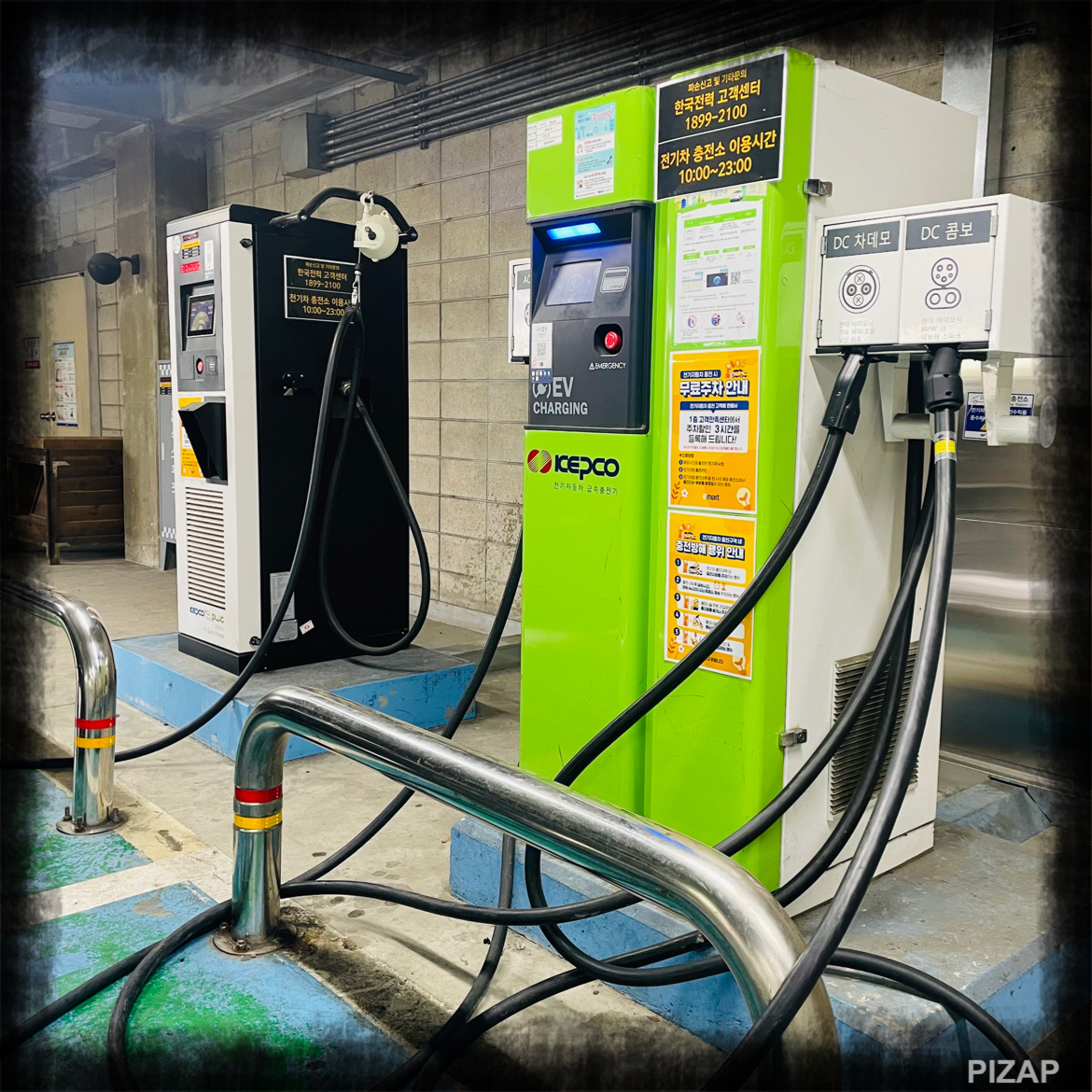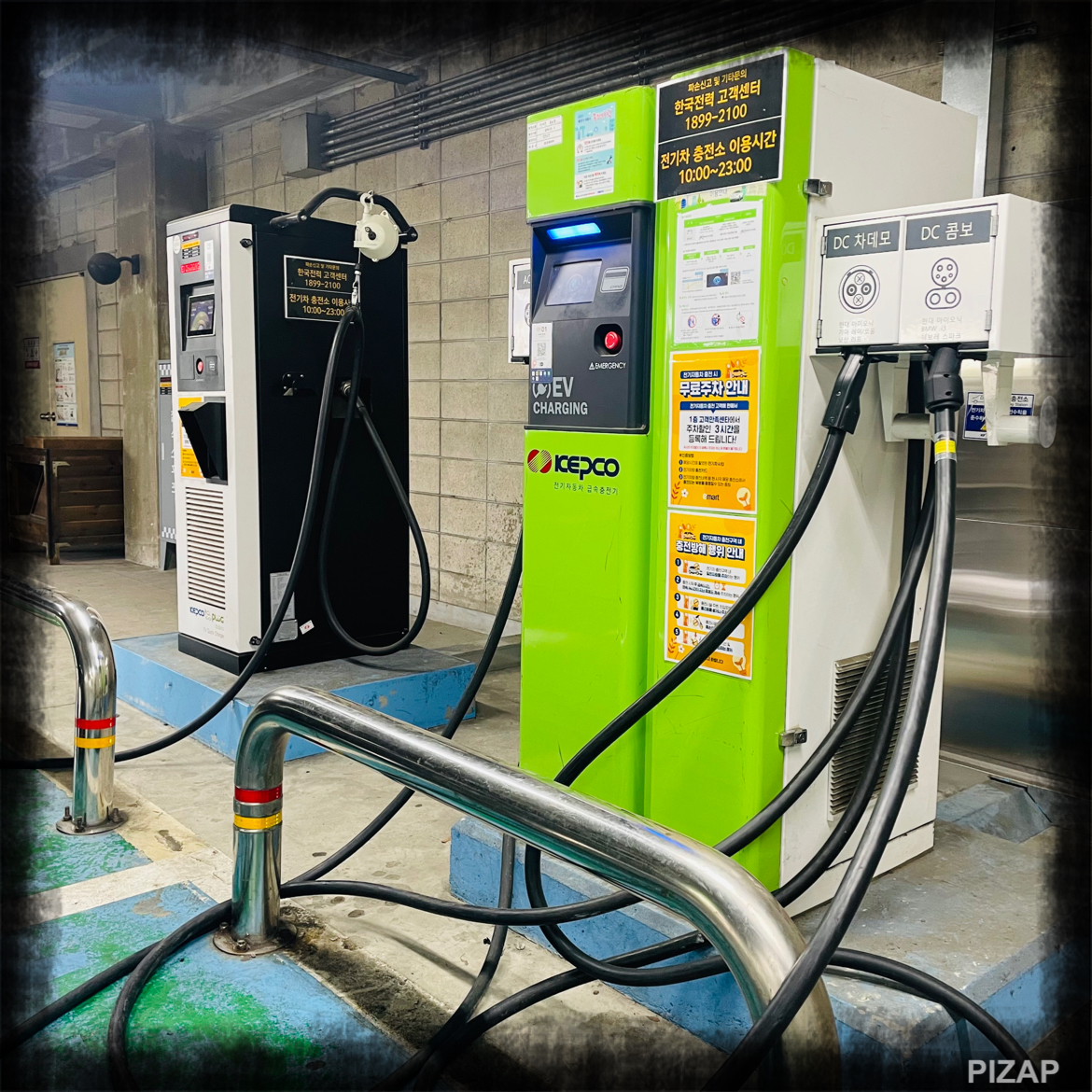페이지 정보
본문

“Climate Conversations” use of electric vehicles in Korea and Sri Lank…

Recorded by Sajitha Lakmali
21.05.21
Script
“Climate Conversations” use of electric vehicles in Korea and Sri Lanka We'd like to take this opportunity to welcome you to Climate Conversations, a podcast in which we discuss key themes relating to the environment and sustainability. I'm your host today, and today we'll be discussing the use of electric vehicles in Korea and Sri Lanka, as well as the impact that this usage has on attempts to mitigate climate change. More specifically, we are going to investigate the various ways in which these two nations approach the availability of charging points for automobiles. Let's get an overview of the significance of electric vehicles in the context of climate change mitigation before diving into the specifics. Electric vehicles, sometimes known as EVs, are gaining popularity as a more environmentally friendly alternative to conventional automobiles powered by internal combustion engines. They have the potential to lower emissions of greenhouse gases, which are a significant contributor to the phenomenon of climate change. So, how exactly do electric vehicles help to reduce greenhouse gas emissions? Let's find out. The adoption of electric vehicles has been a focus of the government's efforts in Korea's recent policy initiatives. They have adopted laws and incentives to encourage the use of electric vehicles, such as providing subsidies for the purchase of electric vehicles and installing charging stations across the country. As a direct consequence of these efforts, Korea now has a significantly more established charging infrastructure than Sri Lanka has. On the other side, Sri Lanka has acknowledged the significance of making the switch to electric vehicles as a means of mitigating the effects of climate change. On the other hand, given Sri Lanka's resource constraints and the obstacles it faces in terms of its infrastructure, the number of car charging outlets there may be smaller than in Korea. This can make it more difficult or less accessible for owners of electric vehicles to charge their vehicles in Sri Lanka. It is essential to keep in mind that the total effectiveness of efforts to mitigate the effects of climate change through the widespread adoption of electric vehicles is not just determined by the number of charge outlets available. Other important considerations include the total number of electric vehicles currently on the road as well as the kind of energy sources that are used for charging. It is possible for both Korea and Sri Lanka to continue investing in charging infrastructure and to create supportive policies in order to encourage increased use of electric vehicles and contribute to efforts to mitigate climate change. As we approach the conclusion of this conversation, it has become abundantly clear that electric vehicles have the ability to drastically cut emissions of greenhouse gases and to contribute to climate mitigation. While Korea has made significant strides toward establishing a more broad infrastructure for charging electric vehicles, Sri Lanka continues to struggle with some obstacles regarding availability and accessibility. However, both nations can benefit from the experiences of the other and work toward further improving their efforts by learning from each other's past mistakes and successes. We are grateful that you were able to participate in this episode of Climate Conversations. We hope that you have obtained some insightful knowledge on the use of electric vehicles and how those usages effect climate mitigation efforts in Korea and Sri Lanka. Stay tuned for our next episode, in which we will go further into a variety of themes relating to the environment and sustainable living. Keep in mind that the difference can only be made if we all work together. Thank you bye bye..
첨부파일
-
podcast 2.mp3 (8.7M)
0회 다운로드 | DATE : 2023-05-21 02:56:39
